Context
Independent laboratory test report on Coriolis+ and Coriolis compact performance
Microorganisms present in the air, such as fungi, bacteria, and viruses, can have significant consequences for living beings at an individual level but also a societal level from a health point of view in hospitals or residential buildings.
In hospitals and medical centers, the presence of mold spores poses a significant risk to immunocompromised patients, who are highly susceptible to fungal infections such as aspergillosis caused by Aspergillus species. Poor air quality in healthcare settings can lead to increased infection rates, prolonged patient recovery times, and even severe outbreaks. Rigorous air monitoring is necessary to maintain a sterile environment and prevent contamination.
In homes, offices, schools, and industrial buildings, mold growth can have serious health implications, particularly for individuals with asthma, allergies, or other respiratory conditions. Poor ventilation, humidity buildup, and water damage create ideal conditions for mold proliferation, which can contribute to Sick Building Syndrome a condition where occupants experience symptoms like headaches, fatigue, and respiratory issues due to poor air quality. Monitoring indoor air quality in residential, educational, and professional environments helps detect early signs of mold presence, allowing measures to be taken to avoid these health problems.
To face these challenges, Bertin Technologies has developed since 2009 a range of instruments and consumables dedicated to the collection of air samples across the Coriolis range. In this Application Note, the independent lab VirexpR has studied the performances of the Coriolis+ and Coriolis Compact regarding their abilities to collect mold spores.

